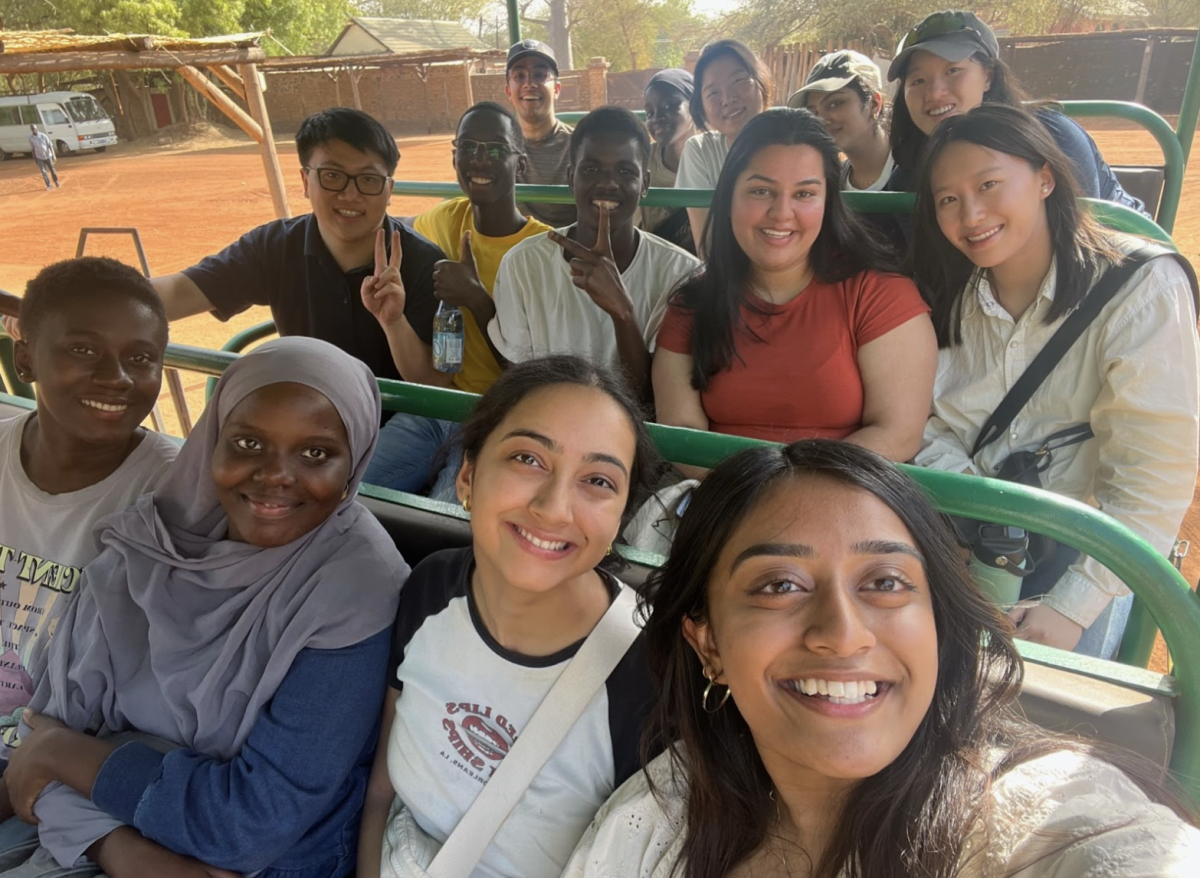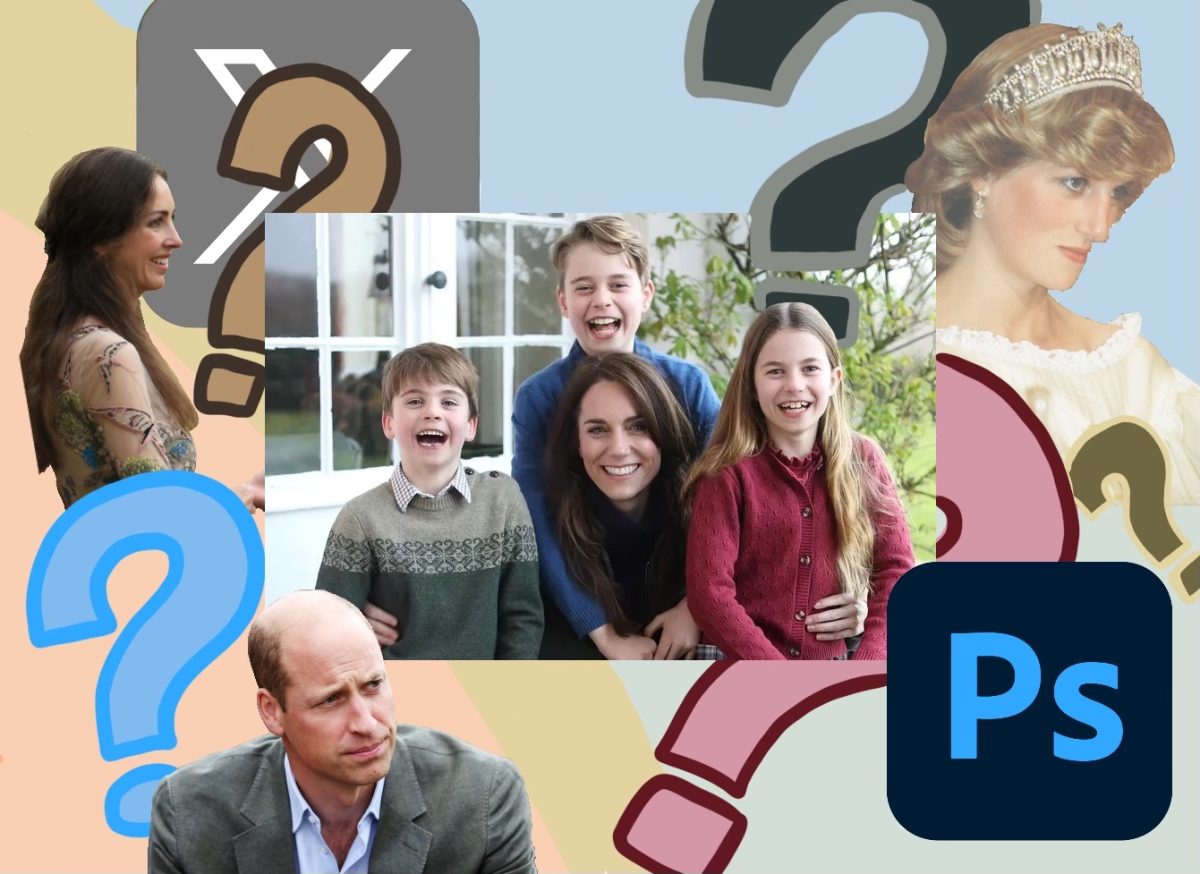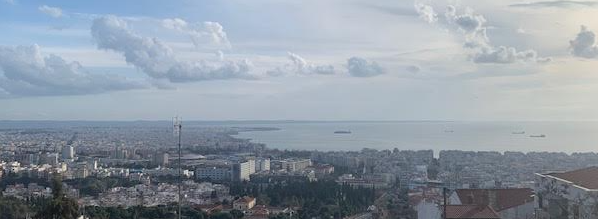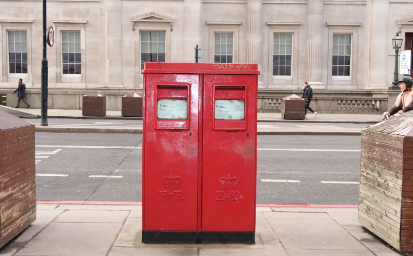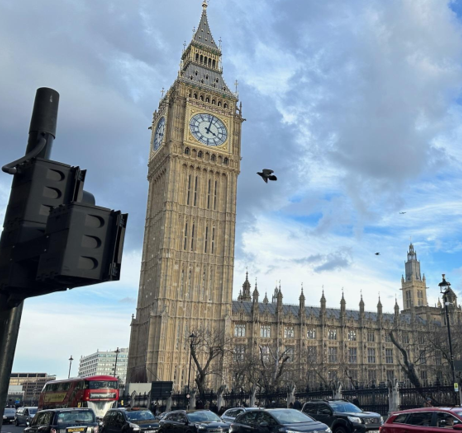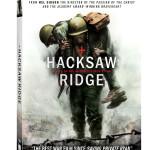
“Hacksaw Ridge,” a harrowing biographical war film about American pacifist and Medal of Honor recipient Desmond Doss, received no shortage of accolades this film awards season. Selected as one of the American Film Institute’s top movies of the year, the critically acclaimed film also received six Academy Award nominations, including Best Picture and Best Director, ultimately winning for Best Sound Mixing and Best Film Editing. After the film was released on DVD and Blu-Ray Combo Pack on Feb. 21, producer Terry Benedict sat down in an exclusive interview with The Hoya to discuss the film’s origins. Some of his responses have been edited for brevity and clarity.
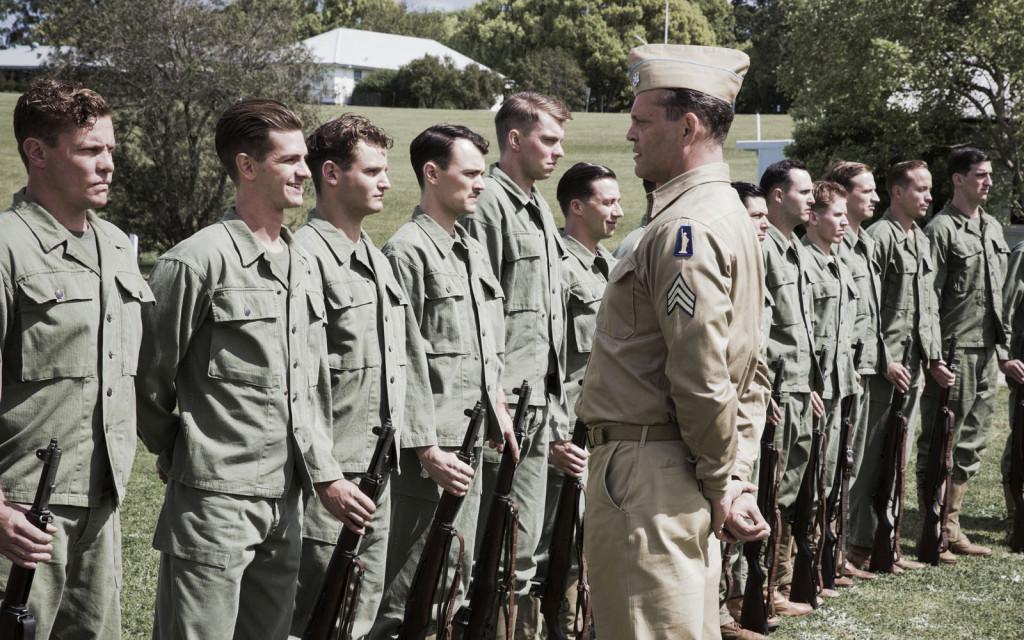
I understand that you developed a close friendship with Desmond Doss. How did you first come to know him?
Well, I first found out about Desmond when I was 10 years old. I was reading a lot of … typical war story books, about heroes and that kind of thing, and that’s when I came across this book called “The Unlikeliest Hero.” It was about this humble man who joined the army, but didn’t want to carry a weapon in World War II and he wanted to be a combat medic. The army harassed him, abused him, thought he was the weakest link in their chain, and then, when they went off to war, it all culminated on a 125-foot cliff in Okinawa called Hacksaw Ridge. He, in fact, became their strongest link and saved 75 wounded soldiers who had hated him. It became the first time ever that a conscientious objector had ever received the Medal of Honor.
What was Desmond Doss like in person?
Just like I read about him. In fact, I met him a couple of years later when I was 12 at a church summer camp. He had a passion for really helping kids develop their moral compass. He had been turning down Hollywood since 1945, when he got the Medal. We talked a lot about that in addressing his two primary concerns. He didn’t want to be glorified, he wanted that to go to God, and the second thing was that he didn’t want who he was, his character, spiced up in the typical, traditional Hollywood way. I addressed his concerns simply by saying, you know, “I understand and I can promise you this: I’ll answer to God first, you second, and everyone else can get in line,” and he laughed, said “Okay, you can do it,” and that’s how it got started.
Prior to “Hacksaw Ridge,” you first produced the critically acclaimed documentary, “The Conscientious Objector.” Can you describe that filming process, and Desmond’s role in it?
I used to joke with Desmond, “You’re not going to live forever,” and he would throw his shoulders back and say, “What do you mean?” And I would say, “Your sands of time are getting thin, we need to do a documentary.” And I said, “The reason is your Medal of Honor citation reads like a ‘big fish’ story — it’s unbelievable.”
It took me four years, but I had told Desmond, “We get one chance to tell this story, and it’s a story of excellence and hope and inspiration, and we need to do it the right way.” And so I had a great team of creatives and mentors that knew way more about this new, emerging technology, and that film is really standing the test of time and becoming a classic, which I’m very, very proud of, because that’s what “Hacksaw” was based on, that’s where all the story comes from.
What was the scripting process for “Hacksaw Ridge” like?
We switched over to screenwriter Robert Schenkkan, and he wrote a couple of drafts, and then we launched off with that. Mel [Gibson] came on board, we got Andrew Garfield. Andrew, I brought down to Chattanooga, Tenn., where Desmond lived his whole adult life, and he’s actually buried at the national cemetery there. Andrew really wanted to take ownership of the role and really do Desmond justice, so we took a trip up to Lynchburg, Va., where Desmond was born and grew up, and really gave Andrew a chance to feel the vibe. There’s a really uncanny, seamless transition that happens because Andrew put in so much work and gave 100 percent.
What were your initial thoughts on the casting for the film?
We had a tremendous cast: Hugo Weaving played Desmond’s father — there was a decision made that his character would suffer from PTSD, so many in the military community have responded to the accuracy, and just the evocativeness of his performance.
You know, I’d like to say that, “Hacksaw” is like this triple love story: about Desmond’s love for serving his God, his love for serving his fellow man and his love for serving his wife, Dorothy. And it’s a really great example for us, even in today’s world, given all of the things we see going on. We certainly live in a “me” culture, and Desmond’s story is just the opposite. Desmond and I wanted to have people take away that we can be inspired and encouraged to make lifestyle changes, you know, and to impact the world in positive ways. No matter how tough life may be or get, if you’re living a life that’s based on a faith, that will always carry the day.
HACKSAW RIDGE is now available on Digital HD, 4K Ultra HD Combo Pack (plus Blu-ray and Digital HD), Blu-ray Combo Pack (plus DVD and Digital HD), DVD and On Demand from Summit Entertainment, a LIONSGATE Company.








